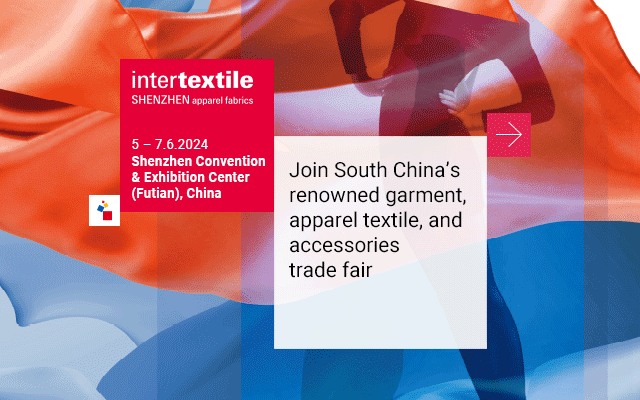WEF Chief Economists Outlook projects world economy to weaken in 2024

Insights
- A survey of chief economists at the World Economic Forum has projected that the global economy will weaken this year amid accelerated geo-economic fragmentation and tight financial conditions.
- The outlook for South Asia and East Asia and Pacific, however, remains positive, with a strong majority expecting at least moderate growth this year.
Fifty-six per cent of chief economists expected the global economy to weaken this year, while 43 per cent foresee unchanged or stronger conditions.
The WEF Chief Economists Outlook report warned of more economic uncertainty and subdued global economic prospects amidst headwinds from tight financial conditions, geopolitical rifts and rapid advances in generative artificial intelligence (AI).
The outlook for South Asia and East Asia and Pacific, however, was positive, with a strong majority expecting at least moderate growth this year.
Sixty-nine per cent of those surveyed expected moderate growth in China as weak consumption, lower industrial production and property market concerns weigh on the prospects of a stronger rebound.
Seventy-seven per cent of the respondents said labour markets will slacken and 70 per cent said financial conditions will loosen over the coming year. Though expectations for high inflation have been pared back in all regions, regional growth outlooks vary widely and no region is slated for strong growth this year, the report said.
In Europe, the outlook has significantly weakened since the September 2023 survey, with the share of respondents expecting weak or very weak growth almost doubling to 77 per cent.
The outlook is weaker as well in the United States and the Middle East and North Africa, with about six in 10 respondents foreseeing moderate or stronger growth this year (down from 78 per cent and 79 per cent respectively).
There was a notable uptick in growth expectations for Latin America and the Caribbean, sub-Saharan Africa and Central Asia, although the views remain for broadly moderate growth.
About seven in 10 respondents expected the pace of geo-economic fragmentation to accelerate this year, with a majority saying geopolitics will stoke volatility in the global economy (87 per cent) and stock markets (80 per cent), increase localisation (86 per cent), strengthen geo-economic blocs (80 per cent) and widen the North-South divide (57 per cent) in the next three years.
Experts were nearly unanimous in expecting that industrial policy tools being experimented by governments will remain largely uncoordinated.
While two-thirds of chief economists expect industrial policies to enable the emergence of new economic growth hotspots and vital new industries, a majority also warn of rising fiscal strains and divergence between higher- and lower-income economies.
A strong majority felt generative AI will increase efficiency of output production (79 per cent) and innovation (74 per cent) in high-income economies this year.
Seventy-three per cent of the respondents do not foresee net-positive impact on employment in low-income economies and 47 per cent said the same for high-income economies.
Fibre2Fashion News Desk (DS)
































-Ltd..jpg?tr=w-120,h-60,c-at_max,cm-pad_resize,bg-ffffff)





.jpg?tr=w-120,h-60,c-at_max,cm-pad_resize,bg-ffffff)
.jpg?tr=w-120,h-60,c-at_max,cm-pad_resize,bg-ffffff)






